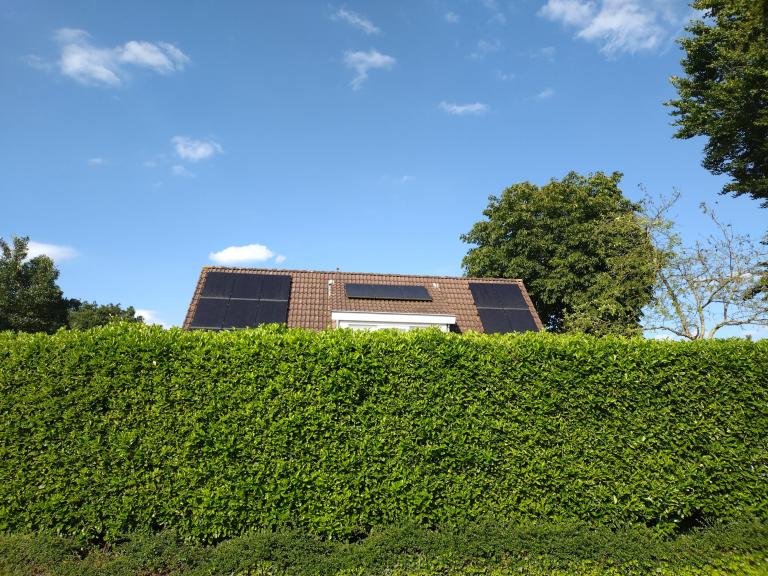Scriptie: The contribution of Local Energy Cooperatives to the Energy Transition in The Netherlands

Deze masterscriptie geeft antwoord op de vraag: 'Hoe kunnen lokale energiecoöperaties bijdragen aan de energietransitie in Nederland?' Het onderzoekrapport is geschreven in het Engels. In dit artikel lees je de (Engelse) samenvatting. Onderaan kun je de scriptie downloaden.
The Netherlands are facing the huge challenge of the transition of our energy system. Climate change is increasingly threatening society and the usage of fossil fuels needs to be phased out. To do so, renewable energy sources need to be expanded rapidly. Recently, new actors have stepped in the energy transition: local energy cooperatives. This fast-growing group of community initiatives have taken matter into their own hands and decided to start changing the energy system in The Netherlands bottom-up.
Noticed is the rapid development of local energy cooperatives in The Netherlands, raising the question of what their influence is, or can be, on the energy transition. This study investigates this relatively new phenomenon at the hand of the research question: ´How can local energy cooperatives contribute to the energy transition in The Netherlands?’ For receiving a thorough understanding of the theoretical background of this research question, transition theories will be combined with the latest ideas of scholars on local energy cooperatives. The vast body of literature on factors determining the success of community initiatives is explained for an understanding of what influences the development of local energy cooperatives.
Results
First results, obtained by expert interviews and desk research, show the current state of energy cooperatives in The Netherlands. It shows that the number of local energy cooperatives has grown exponentially the past five years and explains the influence local energy cooperatives have together on a national level. It can be obtained that, on a national level, the energy cooperatives have in relatively short time received significant influence on the political, economical, legal and socio-cultural domain, as they are involved in policy making, adding value to the ‘local’ aspect of energy, address legal obstacles and open new dialogues about sustainability.
The research continues with an in-depth multiple case study of six local energy cooperatives located across The Netherlands. These are Leudal Energie, Reindonk Energie, WIndpowerNijmegen, Energiefabriek013, Alkmaar Energie and De Groene Reus. This has resulted in a very thorough insight in each local energy cooperative’s horizontal and vertical development. Horizontally, the vision, the projects, the organization and (optional) the process of wind park realization are researched. Vertically, the relation of local energy cooperatives with the existing regime is investigated at the hand of the aforementioned domains.
Conclusion
The main conclusions of this research are that local energy cooperatives are either organized via Gradual Growth or by Project Orientation. The most significant influence they have on the energy transition is their vision on energy production (sustainable, local and participation). This new idea of energy is also influencing the current regime, especially the political and economical domain. Regarding the resistance to wind parks, local energy cooperatives can use both communication as compensation options.
Download
Informatie
Mattie Janssen
Radbout Universiteit
Master Spatial Planning: Cities, Water & Climate Change





